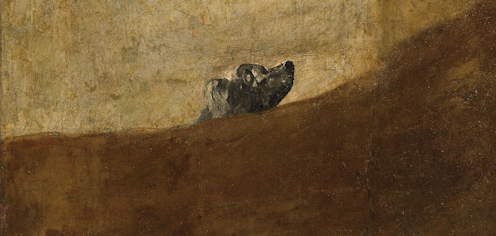In J.M. Coetzee's latest story collection, questions of the soul become urgent as the body becomes frail
- Written by Sue Kossew, Emeritus Professor of Literary Studies at School of Languages, Literatures, Cultures and Linguistics, Faculty of Arts, Monash University

Devotees of J.M. Coetzee’s writing will be delighted at the publication of The Pole and Other Stories[1]. What may be surprising to some about this collection is that the stories have all appeared before in some form – but not always in English.
The longest, The Pole, was first published in Spanish by an Argentinian press in 2022 as a standalone novella, El Polaco. It appears here in English for the first time.
















